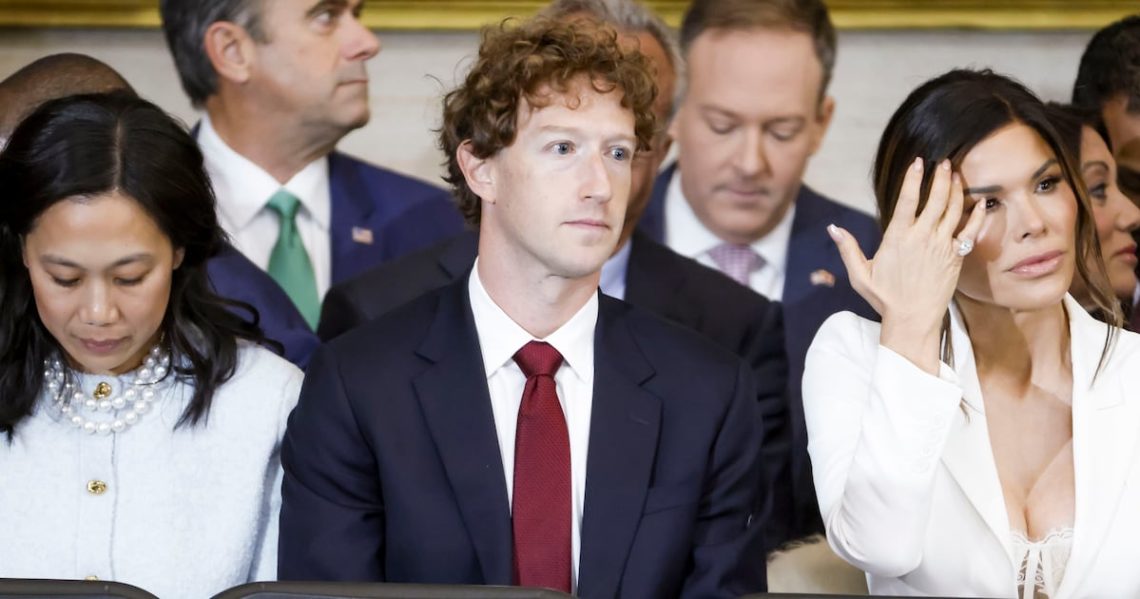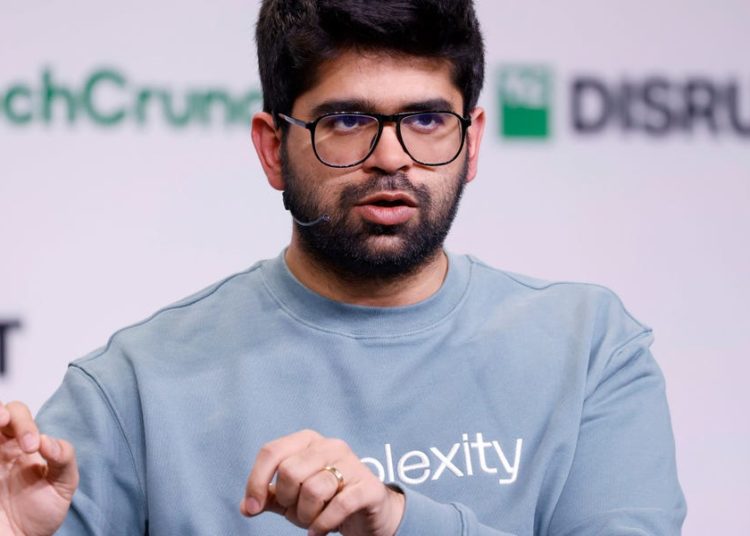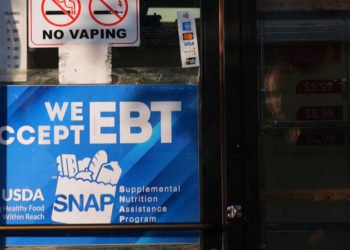Meta’s Mark Zuckerberg took the stand this week to try to prevent the Trump administration from ripping apart his tech empire—and take shots at other social media platforms.
Zuckerberg spoke both Monday and Tuesday at the jury trial in the Federal Trade Commission’s lawsuit to force Meta to divest its social platforms Instagram and WhatsApp, responding to the FTC’s questions over internal emails it says show Meta wanted to stifle competition.
During his Tuesday testimony, he jabbed some of his competitors—such as Evan Spiegel’s Snapchat—in explaining Meta’s strategy about which companies it choose to buy.
“I remember having a convo with Evan that I thought if they joined us I could help Snapchat to get to a billion people,” he said on the stand, according to The New York Times. “I don’t think that Snapchat has a billion users, 10 years later.”
His comments came a day after the FTC argued that Meta’s $1 billion purchase of Instagram in 2012 and its $19 billion purchase of WhatsApp in 2014 constituted a monopoly, which Meta disputed as a “grab bag” of theories “at war with fact” for deals that have been settled for more than a decade.
The trial marks the agency’s first major antitrust case during the Trump administration and the biggest threat to Zuckerberg’s sprawling empire in his company’s 21-year history. The FTC first brought the case with 46 other states in December 2020, during the final weeks of the first Trump administration, but it was thrown out. It filed an amended complaint in August 2021.
Judge James Boasberg, a recent Trump enemy over his rulings on the administration’s use of a wartime statute to deport migrants, is presiding over the case.
“For more than 100 years, American public policy has insisted firms must compete if they want to succeed,” Daniel Matheson, the FTC’s top attorney on the case, said in his opening statements on Monday. “The reason we are here is that Meta broke the deal. They decided that competition was too hard and it would be easier to buy out their rivals than to compete with them.”

Meta rejected the notion of less competition, arguing that it still competes with services such as TikTok, LinkedIn, Snapchat, and YouTube with its various offerings.
“For every single one of the many activities offered on its apps, Meta faces vigorous competition from acceptable substitutes,” Meta’s attorney Mark Hansen said. “And they all compete with one another for time.”
Zuckerberg tried to highlight the video engagement during his testimony, telling an FTC attorney that the services were less about engaging with friends and family and more about serving as a broadcaster.
“The friend part has gone down quite a bit,” he told an attorney, according to author Matt Stoller.
Zuckerberg has repeatedly tried to get Trump to settle the case—and even met with Trump in the Oval Office earlier this month to discuss a settlement, according to The Wall Street Journal, one of several trips he’s taken to the White House and Trump’s Mar-a-Lago estate in Florida.
He’s also made repeated moves intended to get of Trump’s good side, including scrapping his platforms’ content-moderation policies, donating $1 million to Trump’s inaugural fund, and promoting multiple Republicans to top Meta roles and board seats.
Zuckerberg also appeared alongside Trump at the inauguration in January. But White House aides have since complained that the company’s lobbying approach has been too aggressive, according to the Journal.
Still, Trump has praised Zuckerberg repeatedly since the 2024 election, saying in January the Meta CEO had “come a long way.”
The post Zuckerberg Forced to Face Judge After Trump Ignores His Pleas appeared first on The Daily Beast.




